My husband deployed in August 2017 for nine months just three weeks after our daughter was born. To help the time pass more quickly, I brainstormed a list of personal growth challenges. I was inspired by Lent and fasting to commit to a ‘No Spend Challenge’ that, when complete, would help me understand my spending habits.
After one month, I walked away with more money in my savings account and many lessons that continue to help me save today. This challenge also encouraged me to slow down and examine what and why I spend money, helping me evolve as a more cognizant and intentional consumer.
I want to add that I understand that participating in this kind of challenge is a privileged choice. I do not take it lightly that others may not have this option and must already survive on a limited budget.
For me, examining spending habits and eliminating waste is an important step in gaining financial confidence.
My No-Spend Rules
Spend: baby necessities, gas, and monthly bills.
Off limits: dining out, ordering takeout, clothing, makeup, entertainment, home décor.
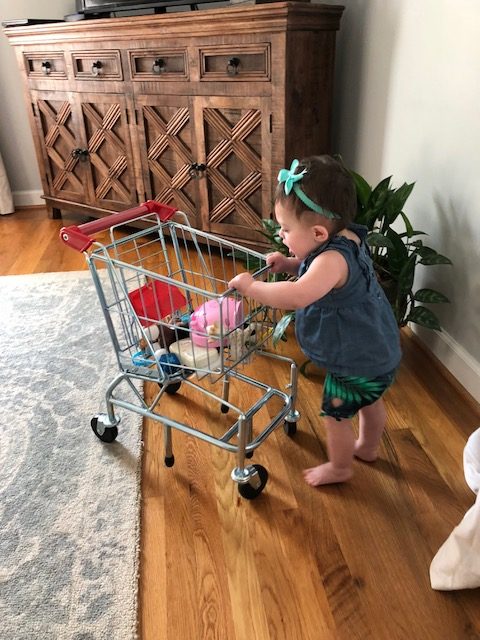 What did I learn at the end of 30 days in my no-spend challenge?
What did I learn at the end of 30 days in my no-spend challenge?
1. Shop at Home
No, I don’t mean online shopping. Along with no spending, I also committed to detoxing my home. I went through cabinets, drawers and closets to throw away trash, build a large donation pile, find change (I found more than $200!), and to my greatest surprise, I found things tucked away that I would have purchased at the store if not for the no-spend challenge. Candles, batteries, pens, pacifiers, a book I forgot I purchased a few months ago, are just a few examples.
The cleanup taught me that not only do I have a lot of junk, but also that I have a lot of useful things at home already that I would’ve ended up buying had I not found them. Since my husband returned home, he’ll say we need to go to the store to buy something, and I remind him to check the linen closet or cabinets first because chances are we have an extra light bulb and pack of batteries.
2. Stop the Waste
I had an embarrassingly high stack of boxes in my garage from online shopping. It became obvious to me how much waste there is with online shopping for one package like cardboard, plastic wrap, fuel for delivery. That tangible evidence kept me motivated throughout January to do my part to reduce my carbon footprint. Instead of buying a package of paper towels when I ran low, I decided to use rags and towels I already owned for cleaning and drying dishes. There were so much I was throwing away, only to turn around and purchase it again, just for it to end up back in the trash. This inspired me to look at how I can be a better steward of our earth and limit my trash and waste.
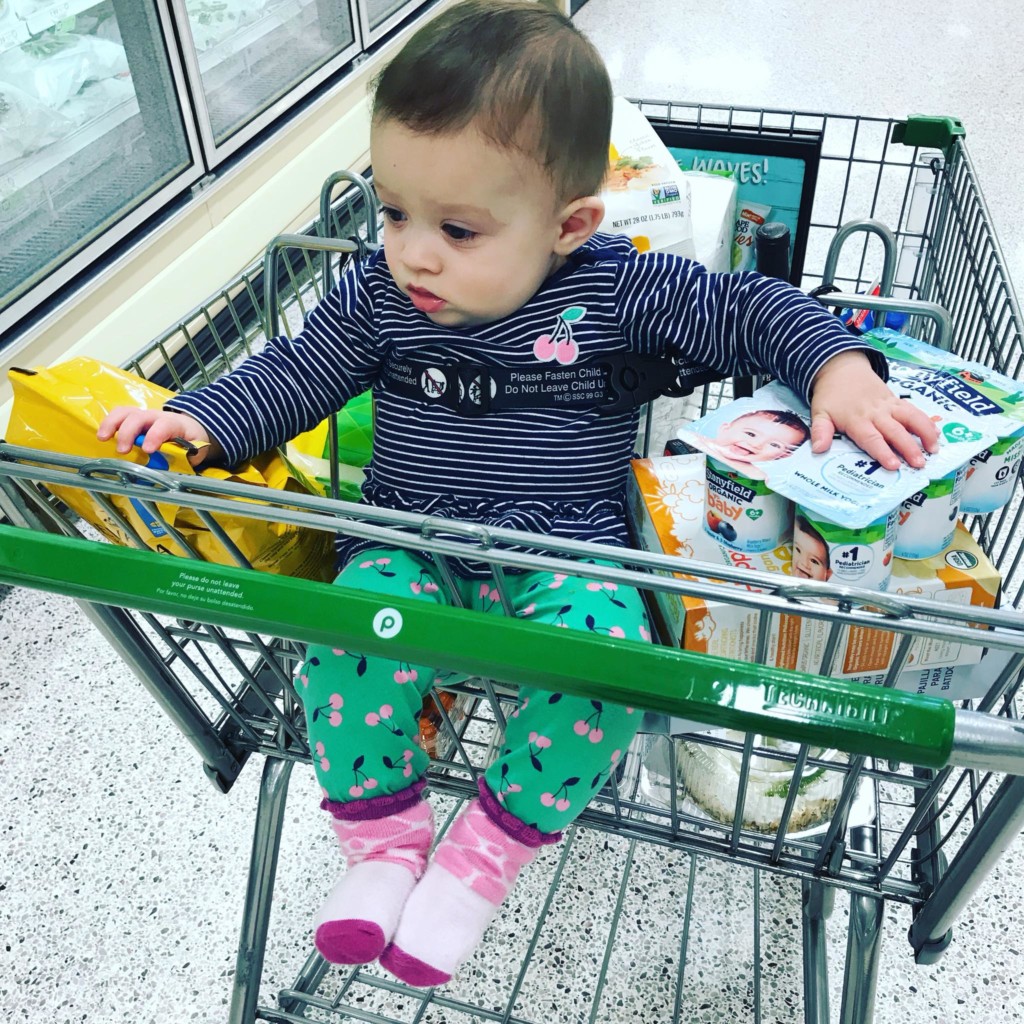
3. Less Clutter Means Higher Quality
Getting rid of clutter and keeping it from coming into the house isn’t just important from an aesthetic point-of-view. Having less “stuff” around is also freeing for the mind. Without being bogged down by clutter, I allowed myself to have more mental clarity and time to focus on things that are most important to me. Instead of wandering aimlessly through Target and grabbing some shirts because they’re cheap, I saved money and realized I could spend a little extra on a basic shirt that is more sustainably made and will last me longer than one season. Focusing on high-quality products will help me live a more inspired and fulfilled life.
4. Saving is More Important
During my month’s-end evaluation, I compared my spending habits to previous months. It was a satisfying visual to see how much money I saved by not doing spontaneous Target or Costco runs. You know how we go for a few things and walk out with a cartload later? My family is planning several vacations later this year and it felt good to see that I saved money not spending on frivolous purchases and can put that into the vacation fund.
5. Thoughtful and Purposeful Spending
During my spending fast, I made a list of things I wanted or needed to grab once I was in the clear. As the days went by, I crossed a few items off the list as I realized I didn’t need them. I wanted my shopping to matter and to serve an active purpose in my daily life. I did not want to collect clutter like one-and-done baby toys or cheap and trendy make-up and fashion.
The money I was saving reminded me that there are far more purposeful ways to spend our family’s hard-earned cash. As my spontaneous and compulsive shopping habits faded, giving back to charitable organizations became a greater and more accessible priority.
Tips for a Successful No-Spend Challenge
I highly recommend everyone to try a no-spend challenge. But be prepared, it isn’t as simple as saying “I’m not going to spend any money for the next 30 days!” If you don’t set yourself up for success ahead of time, you will fail.
Here is what made it successful for me:
- I deleted all the shopping apps on my phone, including my favorite Like.to.know.it., which makes being influenced and shopping online way too easy.
- Buy things you need before your challenge starts to avoid any temptation. Before I started, I bought two boxes of diapers, and dog and cat food to last through the month.
- Plan and prepare. When leaving your home, take the extra time to make coffee and take it with you, and bring a snack so you don’t rush through a drive-through when hunger strikes.
The best lesson I learned is how to slow down when purchasing. The month of no spending is over. but the way I look at shopping is significantly different than before.
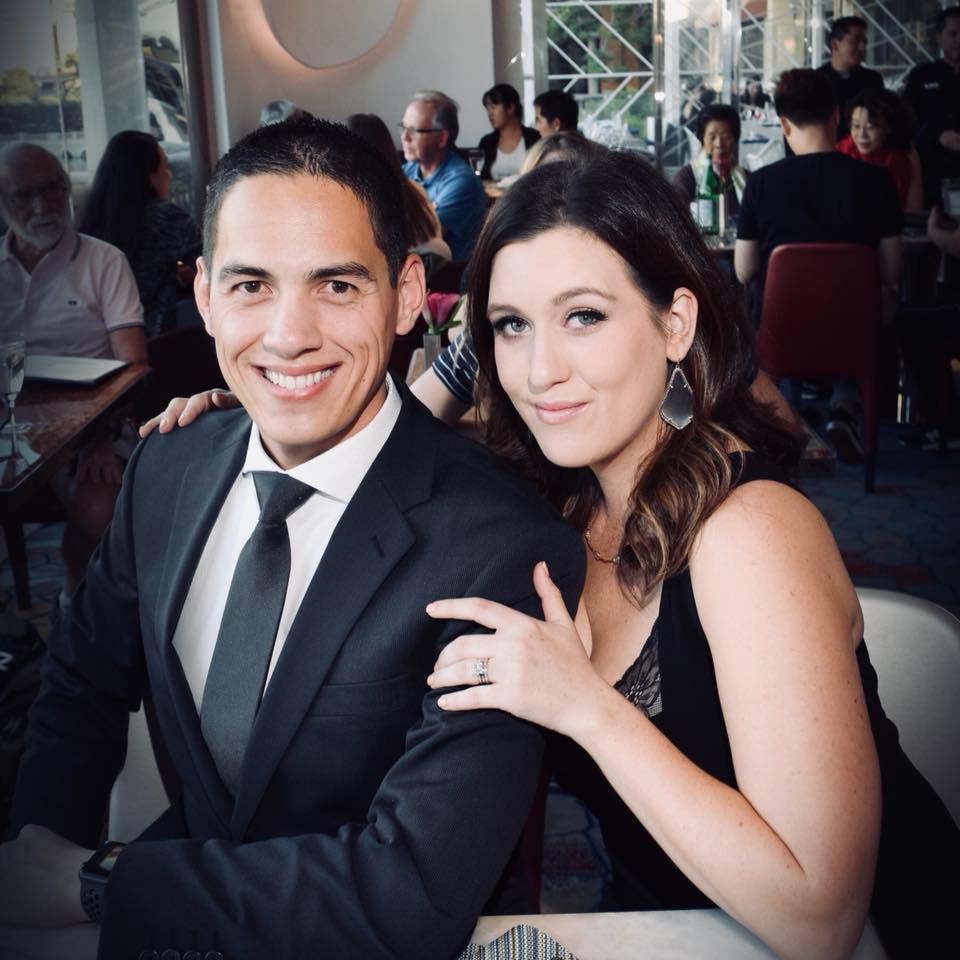 Marysa Stevens is the owner of Stevens Signature Marketing, a freelance writing and marketing company she started to avoid career stagnation as a spouse to an active duty Army physician. She and her husband have relocated from Reno, Nevada, to Fort Lewis, Washington, and are currently stationed at Fort Campbell, Kentucky. She has a B.A. in Journalism from the University of Nevada (Go Pack!) and has most recently worked in health care public relations and marketing. Marysa is a mom to the vivacious Josephine and coddles her dog and cat like they’re human babies, too. She is passionate about civic engagement and reminds military spouses to make sure they’re registered to vote in their home state of record or new location. Marysa can be reached through LinkedIn.
Marysa Stevens is the owner of Stevens Signature Marketing, a freelance writing and marketing company she started to avoid career stagnation as a spouse to an active duty Army physician. She and her husband have relocated from Reno, Nevada, to Fort Lewis, Washington, and are currently stationed at Fort Campbell, Kentucky. She has a B.A. in Journalism from the University of Nevada (Go Pack!) and has most recently worked in health care public relations and marketing. Marysa is a mom to the vivacious Josephine and coddles her dog and cat like they’re human babies, too. She is passionate about civic engagement and reminds military spouses to make sure they’re registered to vote in their home state of record or new location. Marysa can be reached through LinkedIn.


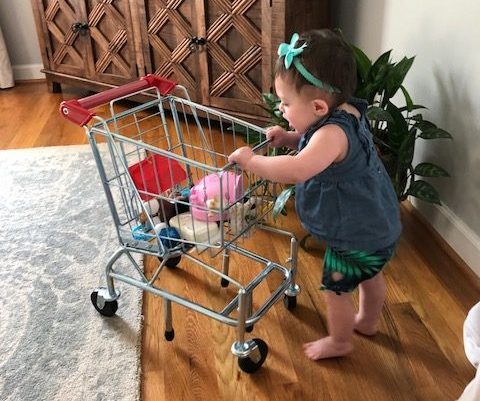

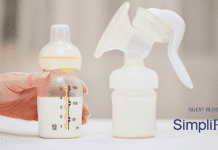







I love this post! What a great goal to pass the time during a deployment.
Using cloth diapers would save money and the environment. Ever worry about all those chemicals in those diapers next to your babies skin?
This is wonderful information even for those not in the military life.
I never used cloth diapers because time is money (ie extra laundry and higher water bills) and there was a lot of up front cost in doing so. There are disposable diapers that are free of bleach and chemicals readily available. The school my kids went to preschool would no accept cloth diapers when they were changing kids multiple times a day.
Comments are closed.